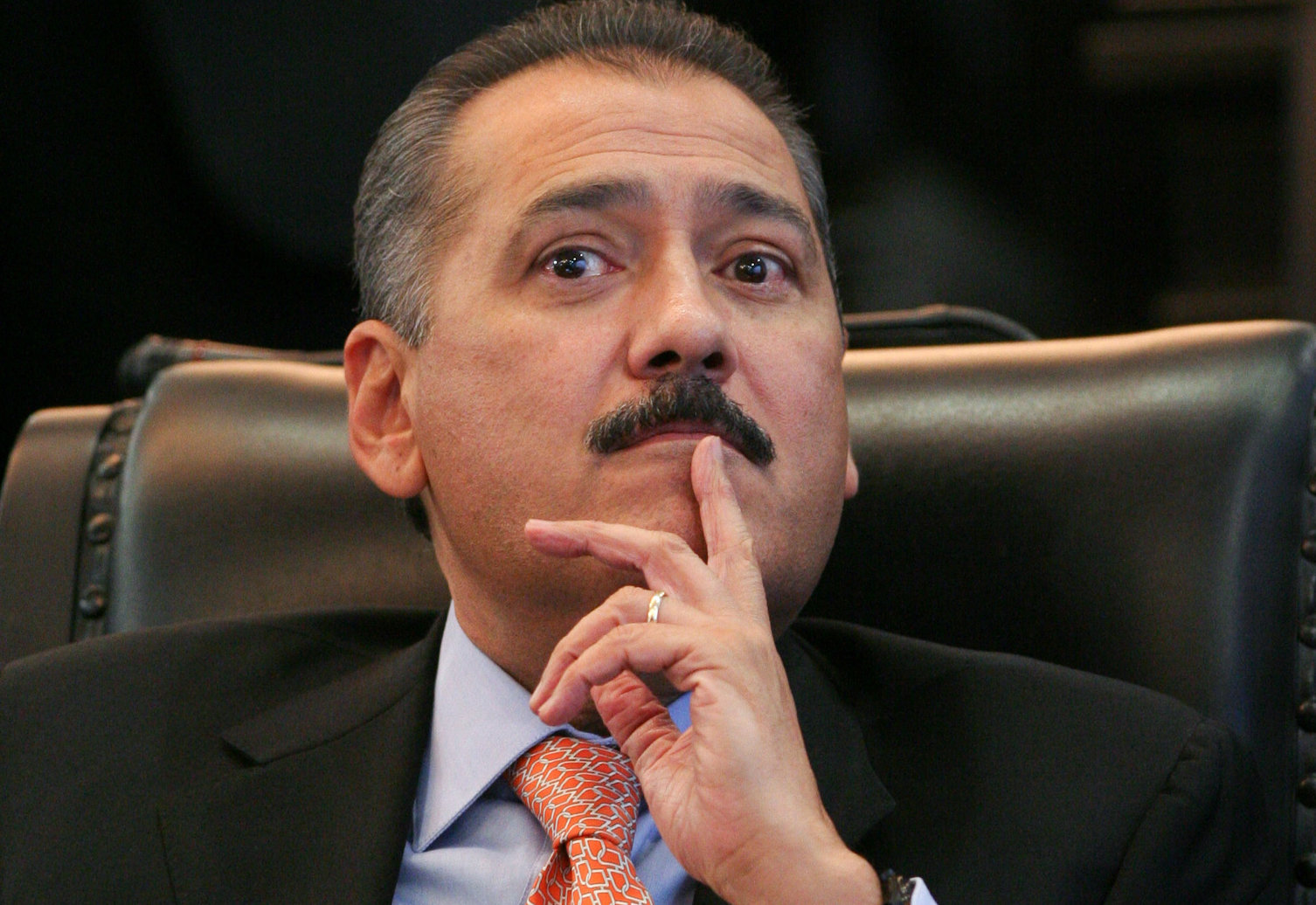Drug
Ties Taint 2 Mexican Governors

The Governor of
the Mexican state that borders Arizona is collaborating with one of the world's
most powerful drug traffickers, creating a haven for smugglers who transport
vast quantities of narcotics into the United States, according to American
officials and intelligence.
Officials said
this conclusion was based on a wealth of evidence, including ''highly
reliable'' informers' reports that the Governor, Manlio Fabio Beltrones Rivera,
took part in meetings in which leading traffickers paid high-level politicians
who were protecting their operations.
According to
the accounts, Raul Salinas de Gortari, the brother of the former President,
received suitcases full of cash and was responsible for distributing the money
to those attending.
Present and
former officials said the evidence of Mr. Beltrones's role was so detailed and
compelling that the United States had included his name on a confidential
document provided to the transition team of President Ernesto Zedillo listing
more than a dozen officials suspected of corruption. Another Mexican Governor, Jorge
Carrillo Olea, was also included on the American blacklist because of reported
entanglements with major drug dealers.
While Mr.
Zedillo did not name either man to a federal post, both continue to wield
considerable power in their states and nationally through their prominence in
Mexico's governing party. Both seem to enjoy a tacit immunity from concerted
criminal investigation in Mexico and the United States.
Although
Mexican governors are popularly elected, presidents have the power in practice
to force their removal.
Mr. Beltrones,
in an interview, denied any links to drug traffickers and disputed American law
enforcement officials' assertions that Amado Carrillo Fuentes, one of Mexico's
most wanted drug kingpins, was operating with impunity in his state, Sonora. In
addition, Mr. Carrillo Olea, who presides over Morelos, the state just south of
Mexico City, disputed charges that he had cooperated with traffickers.
In a four-month
investigation that draws on intelligence documents and interviews in the United
States and Mexico, The New York Times examined how both Governments handled the
allegations against the two Governors.
The result is a
picture of official frustration on both sides of the border and, several
officials asserted, a case study of why traffickers' political patrons often go
unpunished.
Despite the
recent disclosures about official corruption, American officials say the
Clinton Administration is planning to certify later this month that Mexico is
cooperating with anti-drug efforts.
Senior
Administration officials say that decision reflects a belief that Mexico's
leadership is doing all it can against staggering odds.
But many law
enforcement officials say it also shows that the Clinton Administration
considers the narcotics fight less important than fostering commerce with this
country's third-largest trading partner. Thus, these officials assert,
intelligence reports suggesting corruption among Mexican politicians like Mr.
Beltrones receive little attention in Washington. Similarly, agents working in
Mexico feel they will get little support if they scrutinize the activities of
powerful Mexican officials.
President
Clinton praised Mexico last week for arresting the head of its anti-narcotics
program on drug charges, citing the act as evidence that corruption, even ''at
the highest levels,'' was not being tolerated.
Privately,
however, American officials acknowledge that Mexican traffickers' political
patrons are seldom the targets of law enforcement officials in either country,
even though they play an important role in the drug trade.
In a previously
undisclosed draft analysis, intelligence officials assert that Mexican
traffickers take in as much as $10 billion annually, then spend as much as 60
percent of that money on bribes for officials at all levels. Officials say much
of the derogatory information about Mr. Beltrones and Mr. Carrillo Olea, a
former director of Mexico's anti-narcotics program, has been gathered through
intelligence reports from informers, ranging from inside accounts to raw
gossip. Their volume, specificity and persistence over time have persuaded many
American officials that the allegations against the Governors are well founded.
But officials
said such material was of little use to prosecutors, who build their cases
around witnesses willing to testify in American courts.
In addition,
American law enforcement officials acknowledge a reluctance to invest time and
money in pursuing corrupt foreign officials.
The Protection
Racket
Word May Be
Out, But Proof Is Lacking
''In Mexico,''
said one American prosecutor in a border state, ''political protection is
difficult to prove. If we could prove it, we'd have them all under indictment. There's
a big difference between knowing something and proving it in a court of law.
''You have
extremely reliable intelligence sources, but unless you can prove it, why burn
your sources? You'd have their body parts spread all
over Sonora.''

No hay comentarios:
Publicar un comentario